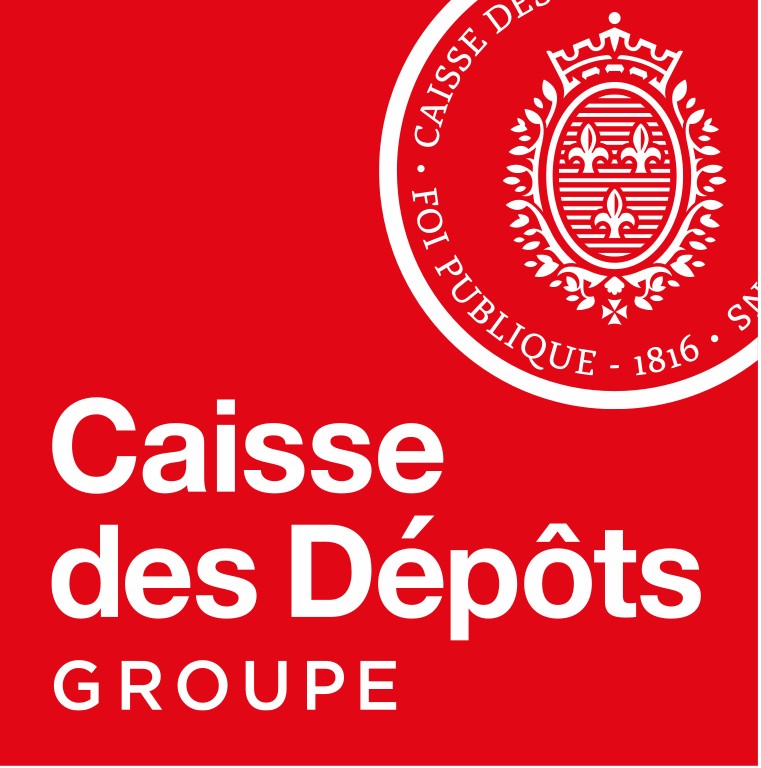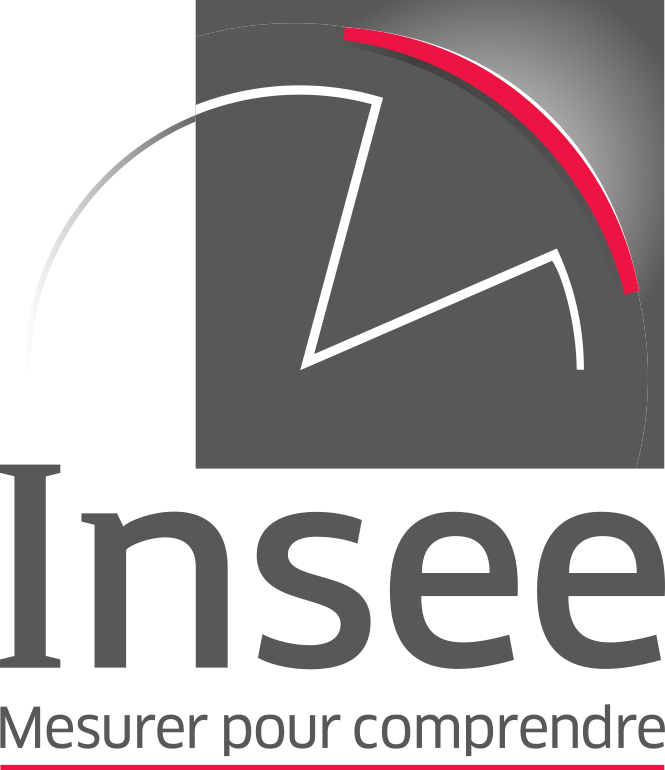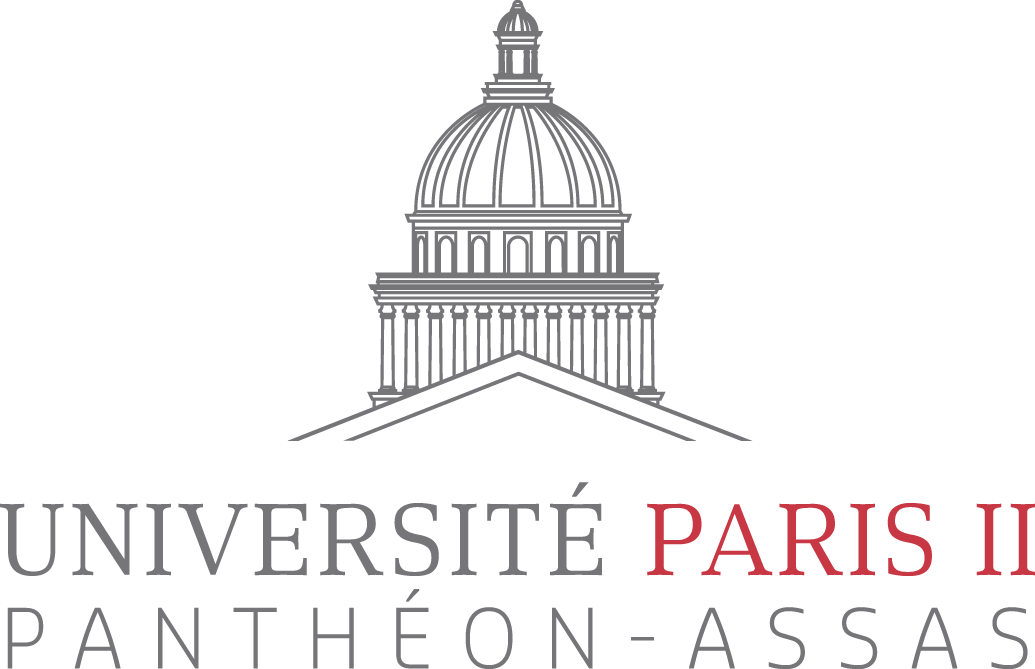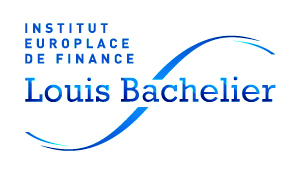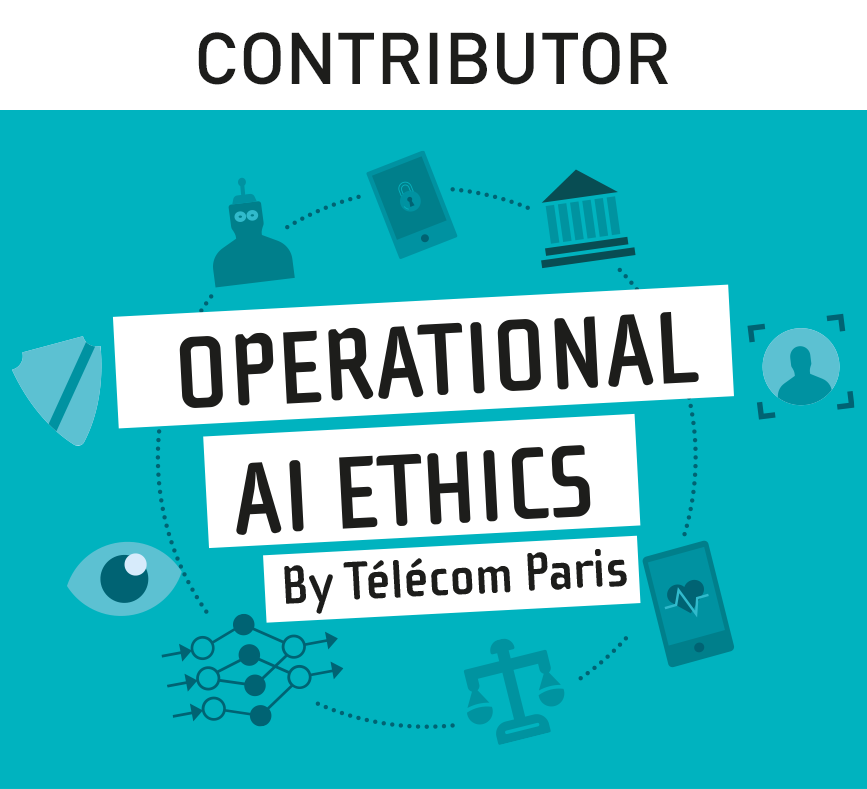 The objective of the Digital Finance Chair is to carry out research in all the innovations, services, products and organizations in digital computing that may impact the work of financial intermediaries.
The objective of the Digital Finance Chair is to carry out research in all the innovations, services, products and organizations in digital computing that may impact the work of financial intermediaries.
As services have become digital, the banking and insurance sector has seen many innovations emerge. They apply to both retail banking and the structuring of interactions among intermediaries. Innovations are introduced by players in the sector and also by new companies, known as fintechs. The economic and social impact of these new technologies is significant and should be monitored closely.
4 research axis




